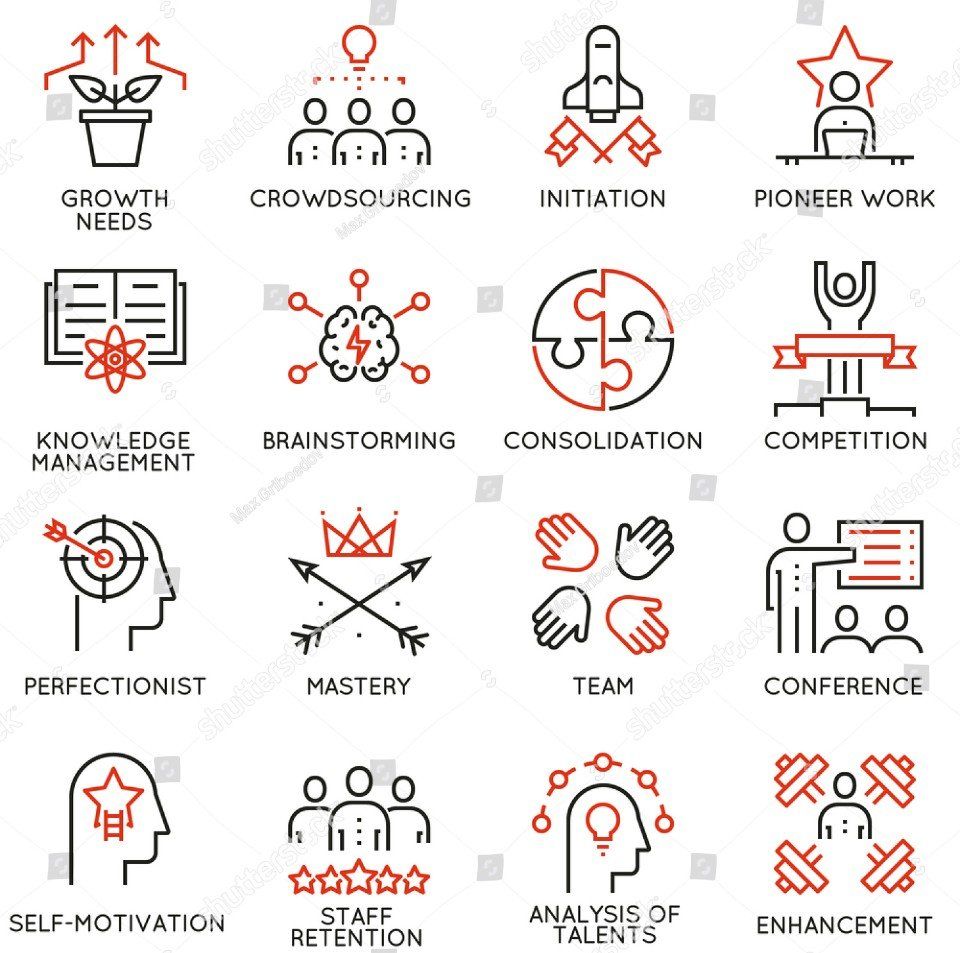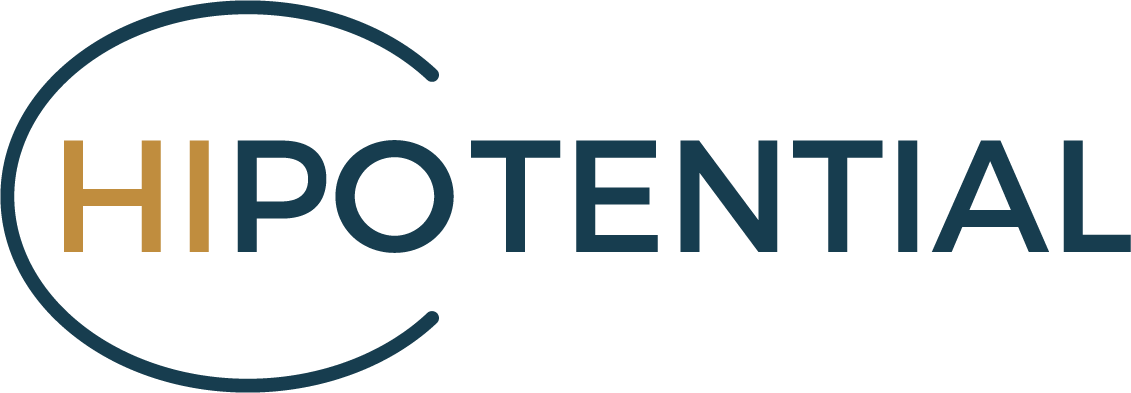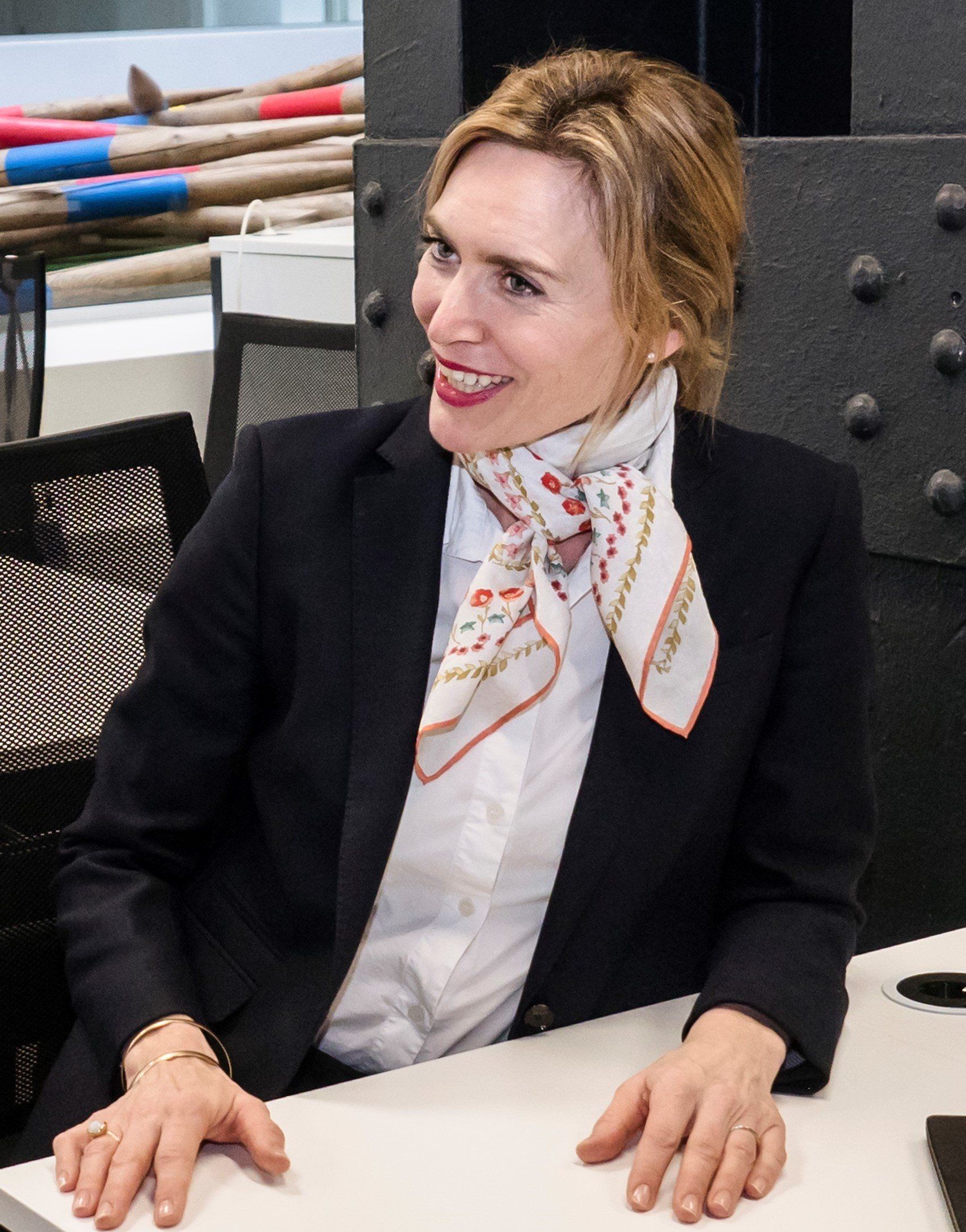Individual coaching for self-insight, self-view and change
"I have six honest servants. They taught me everything I know. Their names are What, Why, When, How, Where and Who."Rudyard Kipling
Poor self-awareness and no feedback?Then we continue as before
That the coach asks the right questions opens up better self-insight and learning and is important for the manager's personal development and growth

Tools we use in coachingn
HiPOTENTIAL uses psychometric tests and structured work tools to create a common starting point for working together with the manager. In the initial phase, it is important to define which situations in the work are the most "critical" in order to then work with increased mastery of these. A personal development plan is drawn up early on with goals, sub-goals and actual measures that clearly show what needs to be done/changed and why. The coach challenges the manager to address current and concrete issues and helps the manager to reflect on what governs his or her choices and which measures may be appropriate to implement. The coach helps the manager get off to a good start and not least encourages and motivates him to take active action. In this work, we use, among other things, the Talent/Estimation model, as well as hypothetical, exception and mastery questions in line with the LØFT methodology. The coach also encourages the manager to use more of his or her strengths to compensate for areas where he or she is weaker. This can often be the easiest way to bring about change, and are often measures that are not that difficult to bring about.
Managing Director Margrethe Hillesland, MA in Organizational Psychology and MS in Psychology, has studied Executive Coaching at the California School of Professional Psychology in the USA and at the Center for Creative Leadership in Belgium.



